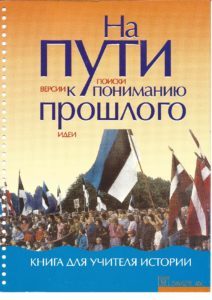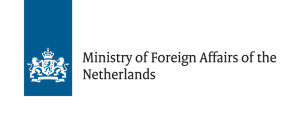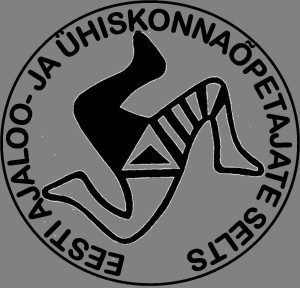As a result of the “New Ways to the Past” project, this publication offers practical examples of teaching, using historical topics, which will merge with the traditional curriculum. The project focused on the development of a teacher guide offering examples for a wide variety of approaches to history teaching, its dissemination and its implementation by in-service training and History Teachers Associations. Every history teacher in Estonia and Latvia received a copy of the teacher guide.
The new standards for history education in Estonia and Latvia required alternative approaches for history education. In these standards a wide range on content-based criteria were merged with modern approaches. During the project, the participants found out by experience how far it was possible to work with these new guidelines. As a result the standards were evaluated. The project also focused on the integration of minority teachers of history into the History Teachers Associations and their network.
Contributors
Authors:
Juris Freibergs, Jolanta Klisane, Elvira Vilume, Sarmite Goldmane, Jelena Rjazanceva, Ligita Straube, Ülle Kõiv, Heli Aiaots, Eda Maripuu, Ivo Maripuu, Mart Kand, Eero Medijainen.
Coordinators Estonia:
Mare Oja, Reet Kandima.
Coordinators Latvia:
Aija Klavina, Dzintra Liepina.
Coordinators Russia:
Alexander Shevyrev, Tamara Eidelmann.
International experts:
Rosemary Rees, Sue Bennett, Ronald Donk, Ian McKellar, Harald Frode Skramm, Sirkka Ahonen.
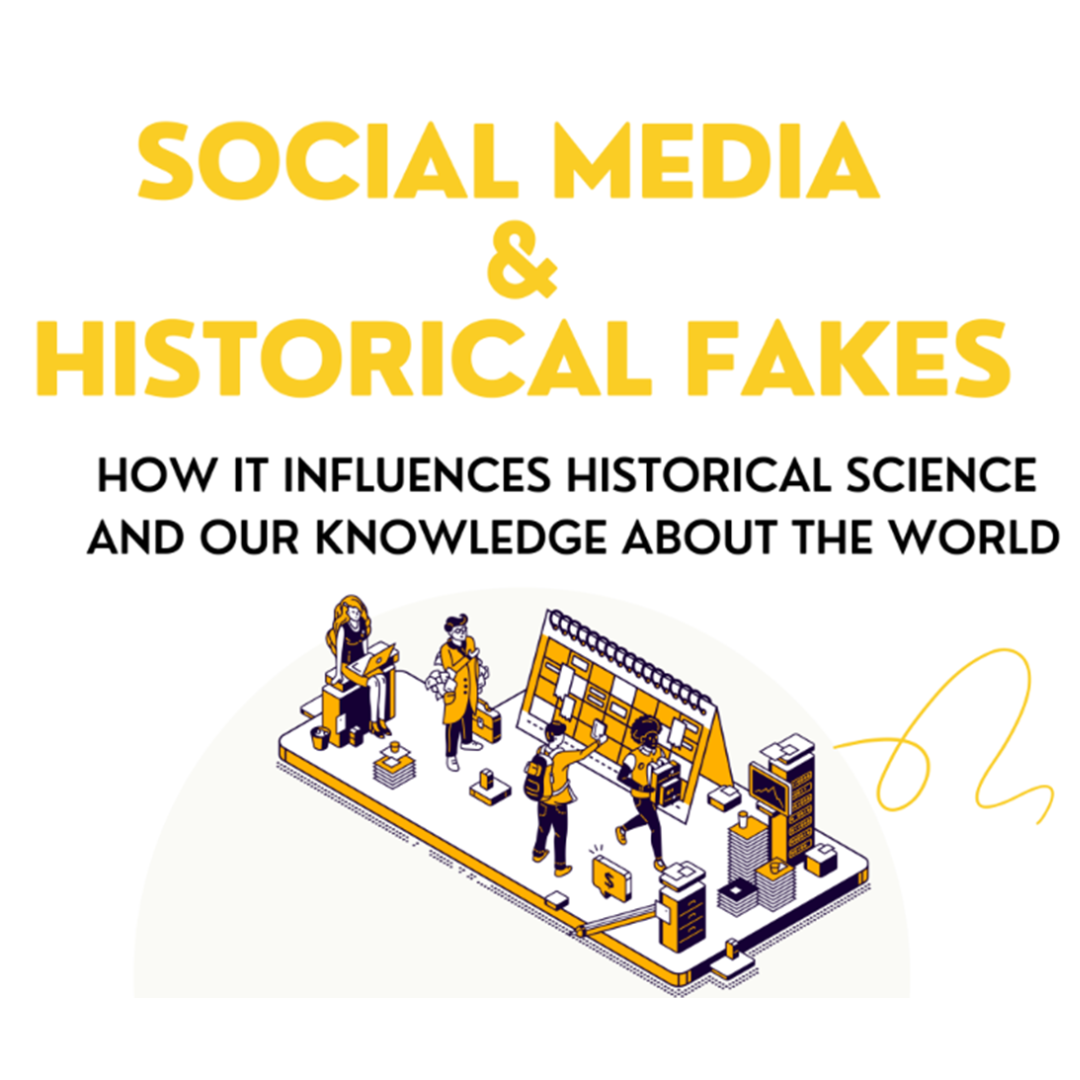
Social Media and Historical Fakes: How it influences historical science and our knowledge about the world
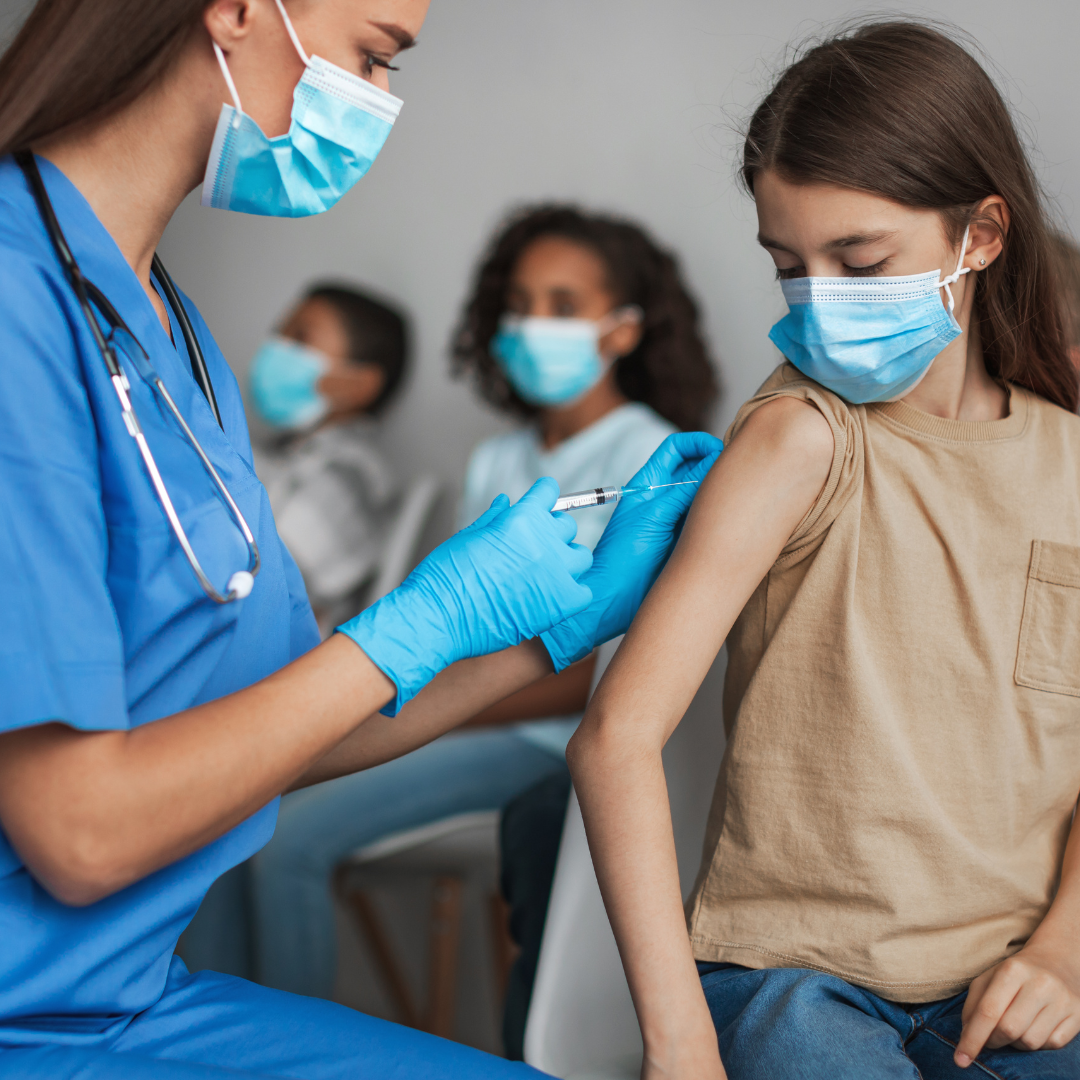
“To get vaccinated or not?”: Addressing hot issues of the present through the lens of history
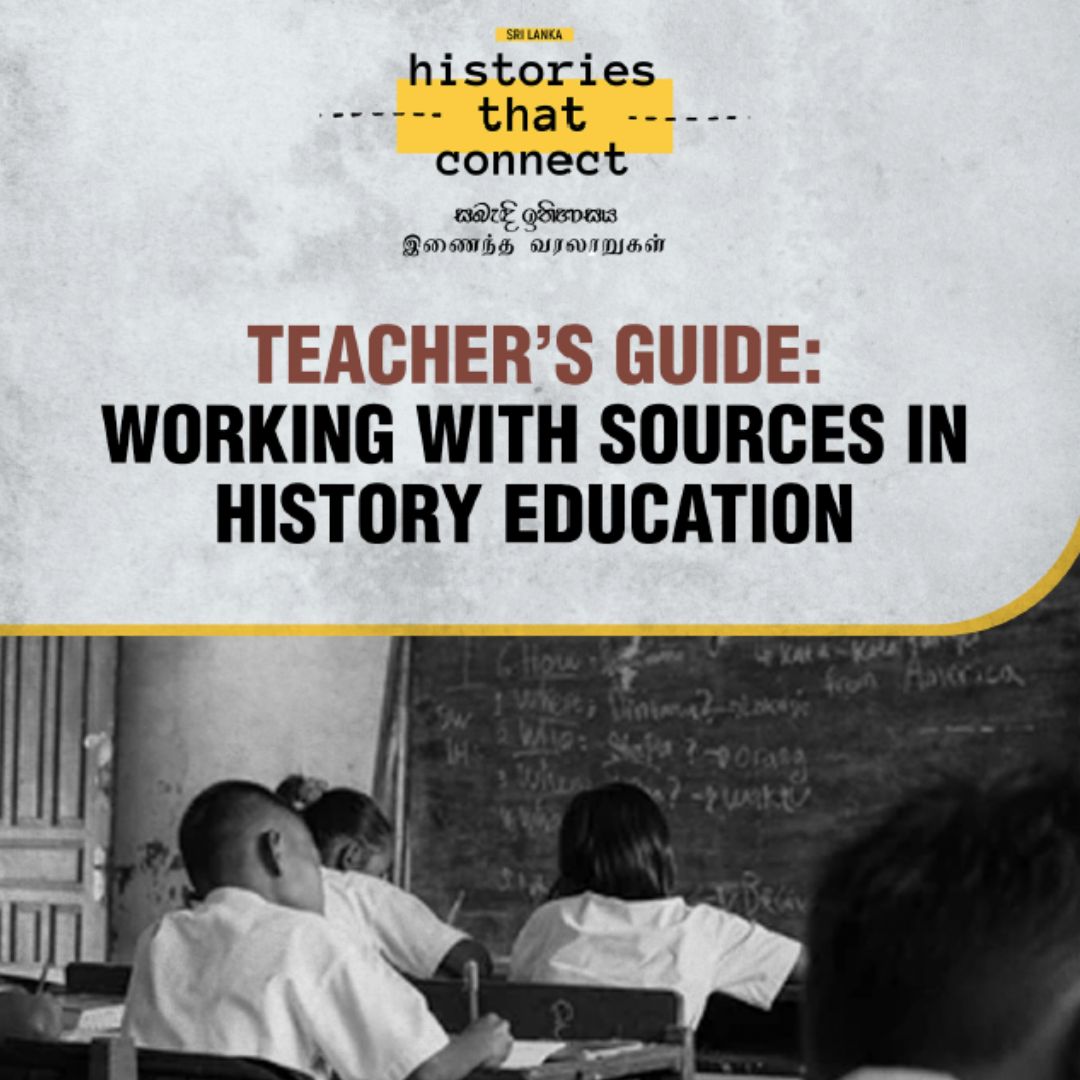
Teacher’s Guide: Working with sources in history education
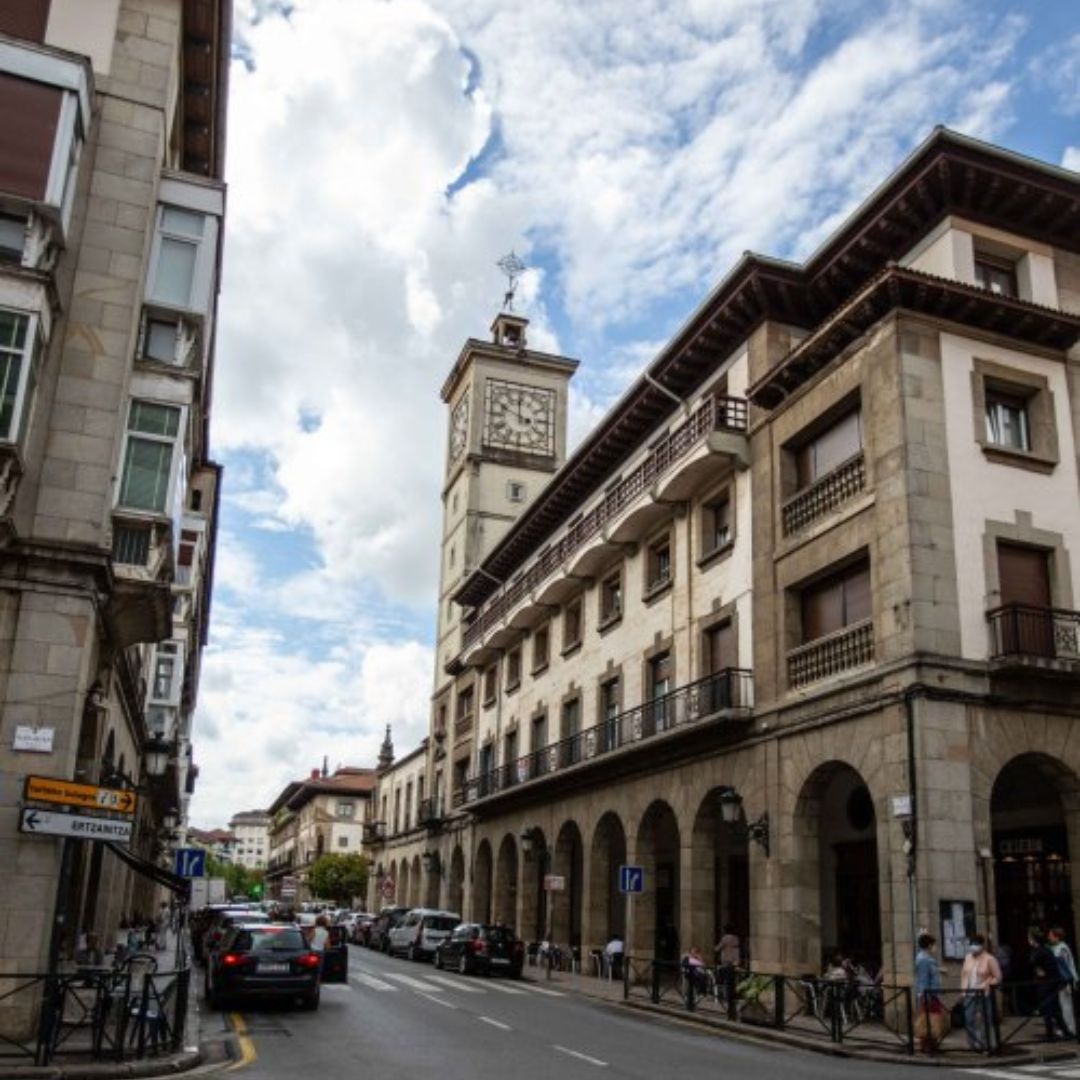
Gernika Peace Museum: Museum and memory walks
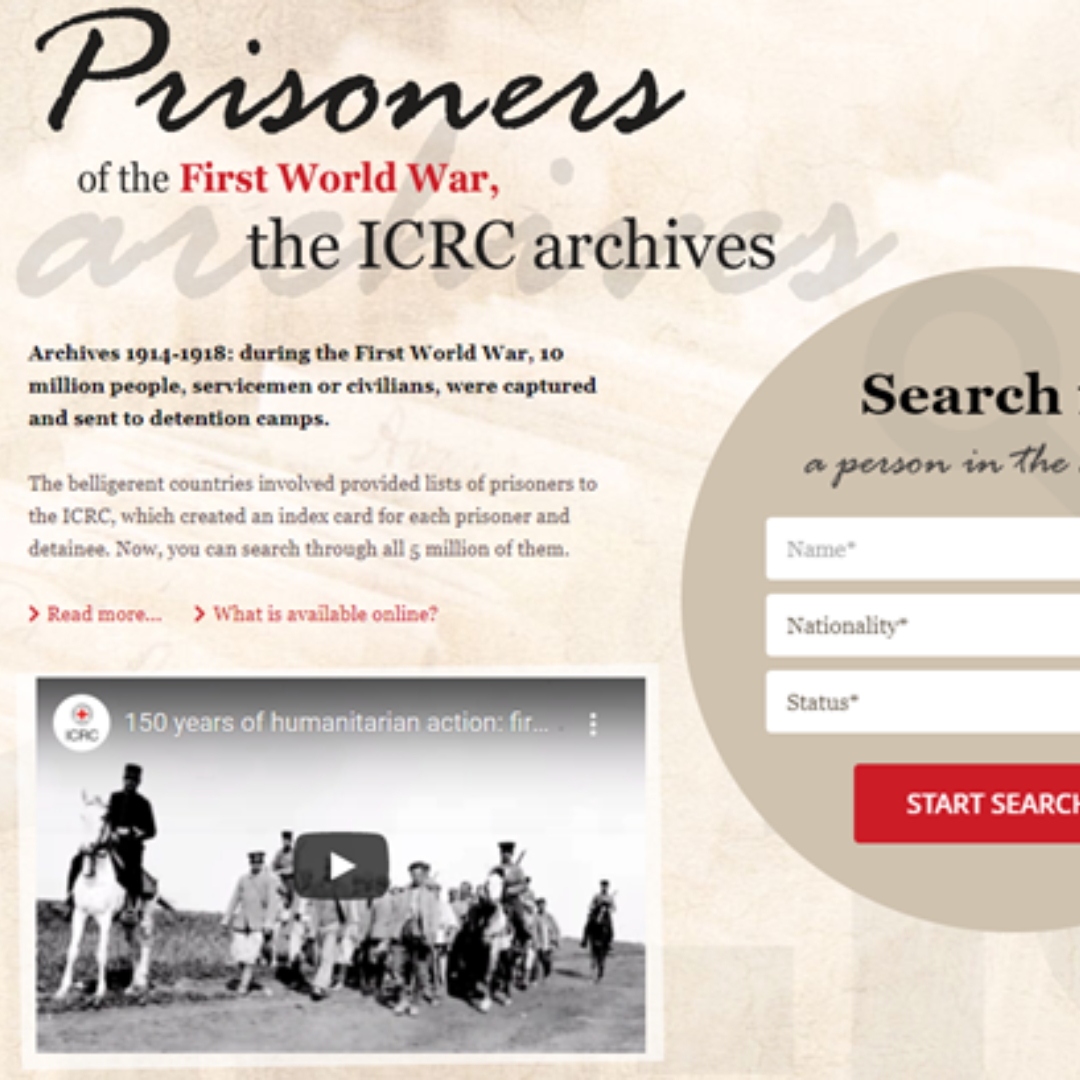
The forgotten global history of WWI PoWs

